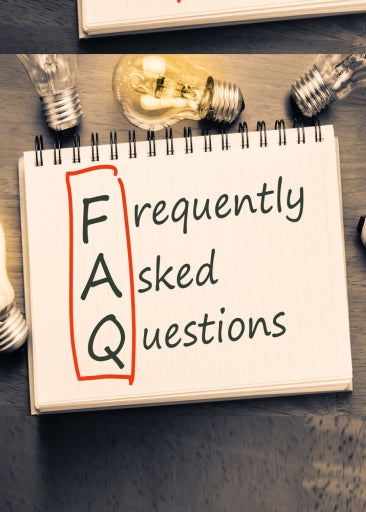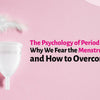Polycystic Ovary Syndrome (PCOS): Treatment, Symptoms and Diagnosis

PCOS
Polycystic Ovary Syndrome is a medical condition in women that affects the secretion level of hormones in a woman. This hormone imbalance leads to skipping of menstrual periods continuously and makes it harder for them to get pregnant. PCOS is also the reason behind of unwanted hair growth on the face and body and baldness. And it can also contribute to some long-term and life-threatening health problems like diabetes and heart disease. This hormonal imbalance is not worth ignoring. Consult your doctor today for proper treatment.
What is PCOS?
PCOS is a common health problem and is now detected in 1 out of 10 women. The main reason behind this common problem is imbalance of reproductive hormones in the ovaries. The ovaries make the egg that is released each month as part of a healthy menstrual cycle. But in the condition of PCOS, the egg may not develop as they are meant to or may not be released during ovulation as they normally can.
PCOS can cause missed or irregular menstrual periods that may lead to infertility and development of cysts in ovaries.
Treatment:
PCOS is a condition that usually occurs at a childbearing age of woman i.e. between 15 to 44 years. It’s a hormonal imbalance leading to irregular periods, weight gain, unwanted hairs and acne. Most important of all is its detrimental effect on eggs leading to infertility. Treatment modality in PCOS stands on four pillars-
- Diet and lifestyle changes
- Exercise
- Medical management
- Surgical management(ovarian drilling), when other options fail
It starts in adolescence and the sequence continues even after menopause. The prevalence rate of this disease is 4 -10%.
Symptoms-
Following are a few factors that may indicate signs of PCOS. The patient must bring their medical history to get best PCOD treatment. It will give clear and detailed information about menstrual periods and weight changes.
Presence of at least two of the following symptoms indicates that woman is suffering from PCOD:
- Irregular periods
- Darkening of the skin
- Unwanted hair growth
- Male pattern baldness
- Acne
- Thinning of scalp hair
- Polycystic ovaries
Diagnosis-
For proper diagnosis a doctor may advise for a few tests to get a clear idea about the patient’s medical condition. These tests include-
- Blood, glucose tolerance and cholesterol levels etc.
- Ultrasound: To get the clear image of the appearance of your ovaries and the thickness of the lining of your uterus.
Additional tests:
- Screening for depression and anxiety if necessary
- Screening for obstructive sleep apnea
Complications:
PCOS can be dangerous if not cured on time. This may lead to some serious complications like:
- Abnormal uterine bleeding
- Psychological disorders like depression
- Endometrial cancer
- Gestational diabetes and/or hypertension
- Infertility
- Metabolic syndrome
- Miscarriage or premature birth
- Non-alcoholic steatohepatitis
- Sleep apnea
- Heart disease
PCOS is not a danger but is curable disease if diagnosed on time. Be careful and consult your doctor immediately if you notice any abnormalities in your hormonal level.
- Posted in feminine hygiene, medical condition, pcos, pcos diagnosis, pcos symptoms, pcos treatment













